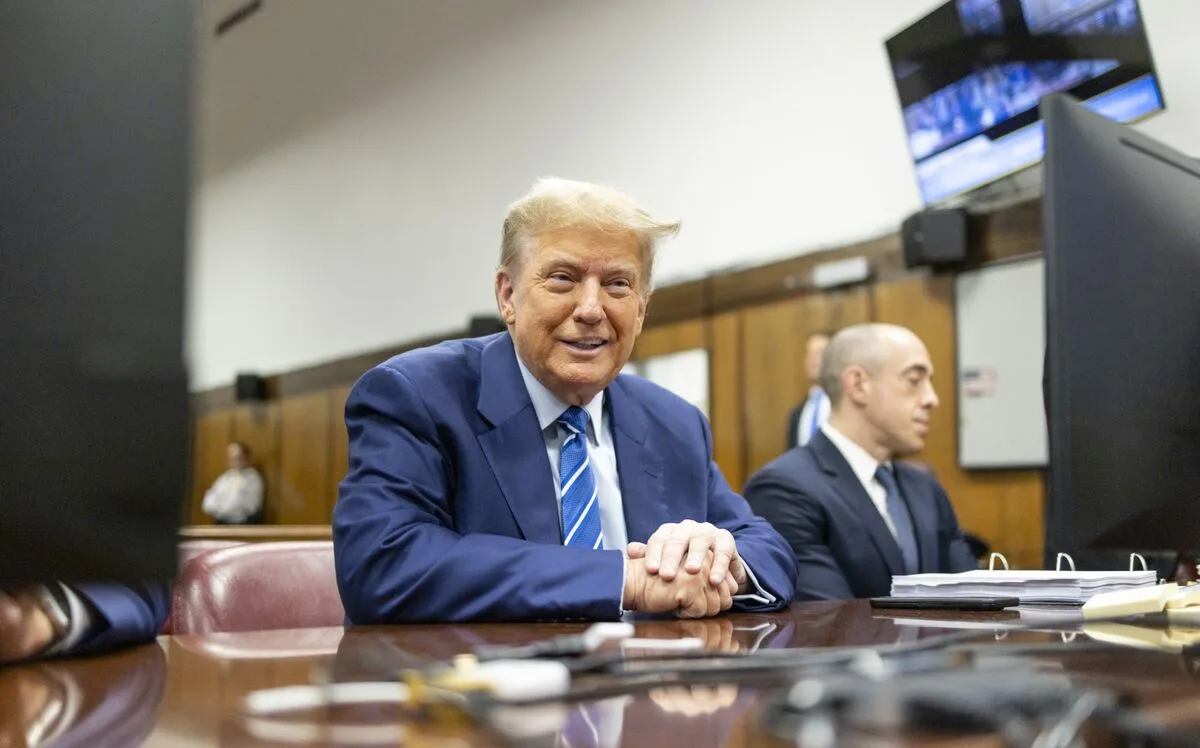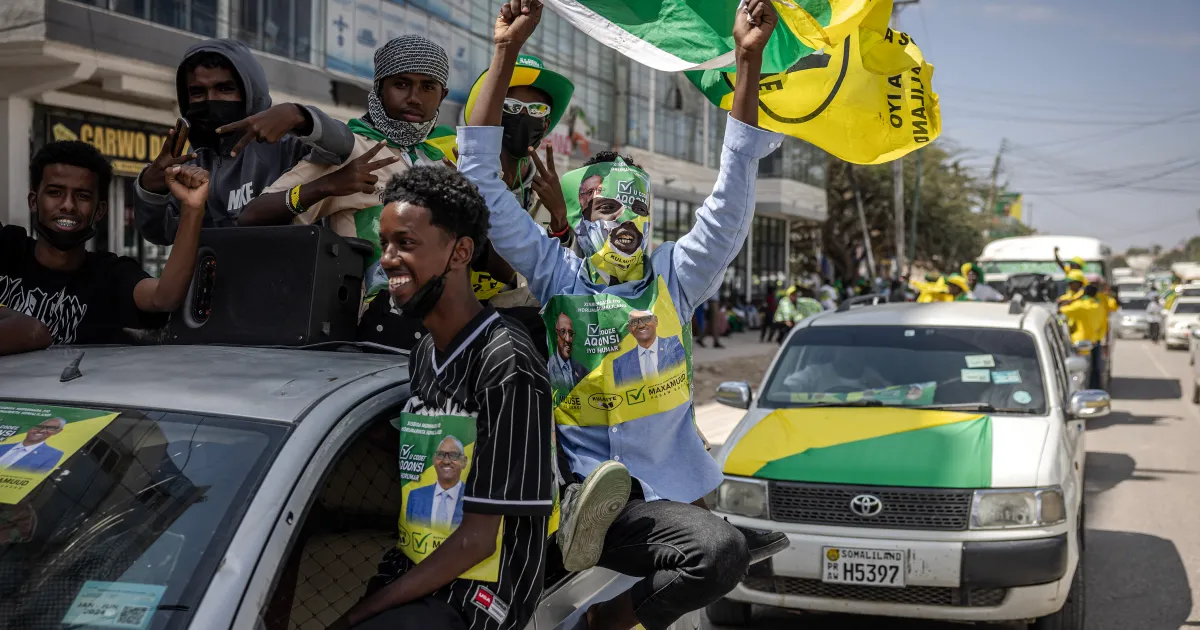A Florida judge has indefinitely postponed Donald Trump’s trial on charges of unlawfully retaining classified documents after his presidency, significantly reducing the chances of a jury verdict before the November 5 US election.
Previously scheduled for May 20, Trump’s trial in Florida was delayed, with no new date set. Judge Aileen Cannon, appointed by Trump in 2020, announced that pre-trial hearings would continue until July 22, further complicating the timeline.
Facing 40 federal counts, Trump has pleaded not guilty, arguing against starting the trial before the election. Special Counsel Jack Smith, prosecuting the case, encountered obstacles, with Judge Cannon yet to rule on critical legal matters and signaling sympathy toward Trump’s defense.
Another case involving Trump’s attempts to overturn the 2020 election outcome faces Supreme Court scrutiny, potentially granting former presidents immunity from prosecution over official actions. This development could further prolong legal proceedings.
Trump’s lawyers have aimed to delay all four criminal cases he faces, leveraging unprecedented circumstances where the defendant could influence the prosecution’s fate.
The charges against Trump in the Florida case encompass Espionage Act violations, obstruction of justice, and false statements to investigators. These legal battles have been portrayed by Trump as politically motivated.
While an April Reuters/Ipsos poll indicated a significant portion of Republicans and independents would reconsider voting for Trump if convicted, any trial outcome just before the election would be contentious.
Trump’s victory in November might halt the cases altogether, allowing him to direct the Justice Department to drop charges or seek self-pardon. Prosecutor Jay Bratt has defended an autumn trial, citing adherence to Justice Department guidelines.
Despite aggressive deadlines set by Smith’s team, unresolved legal matters and potential appeals could further delay proceedings, raising questions about the impact on the election and the future of Trump’s legal battles.



